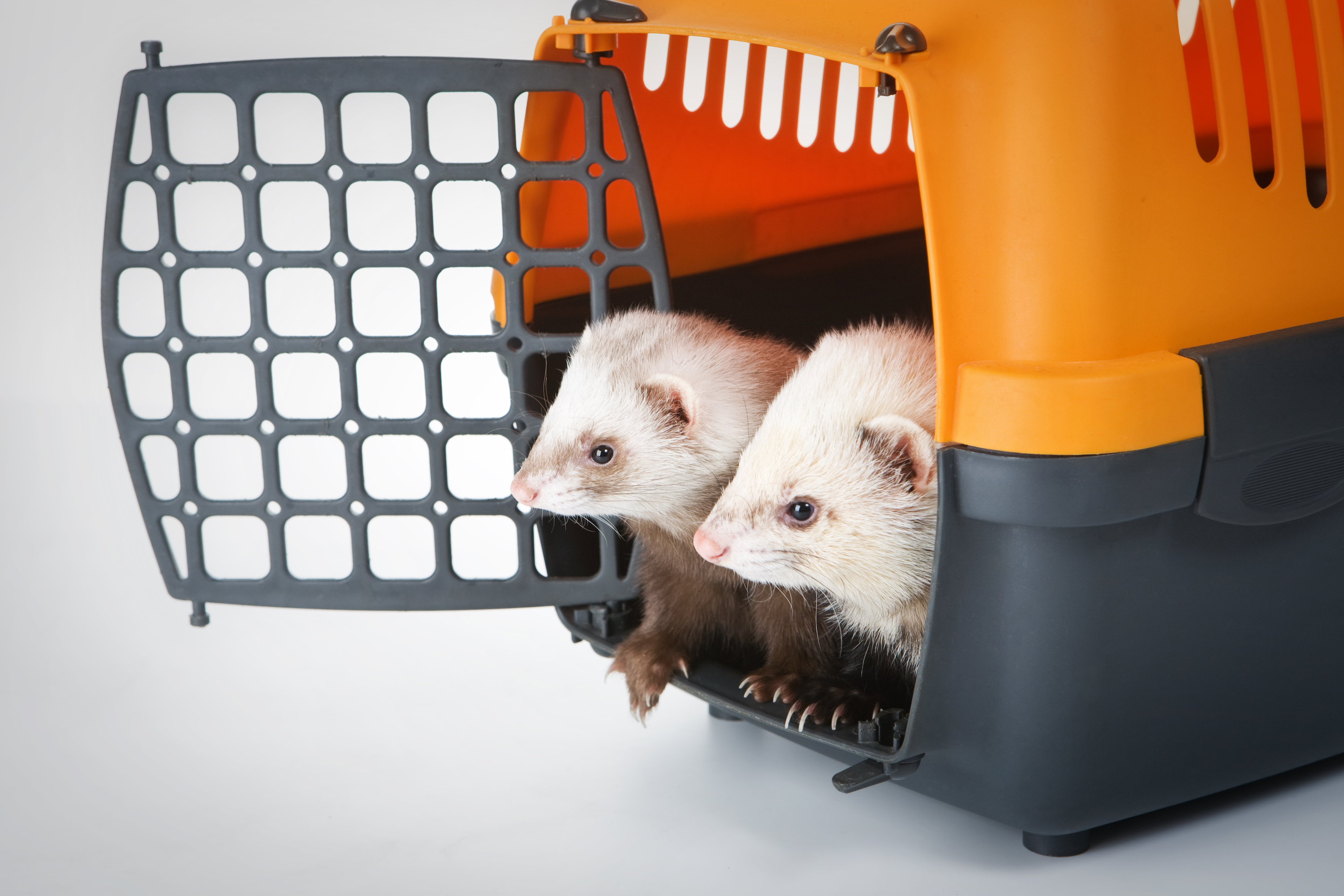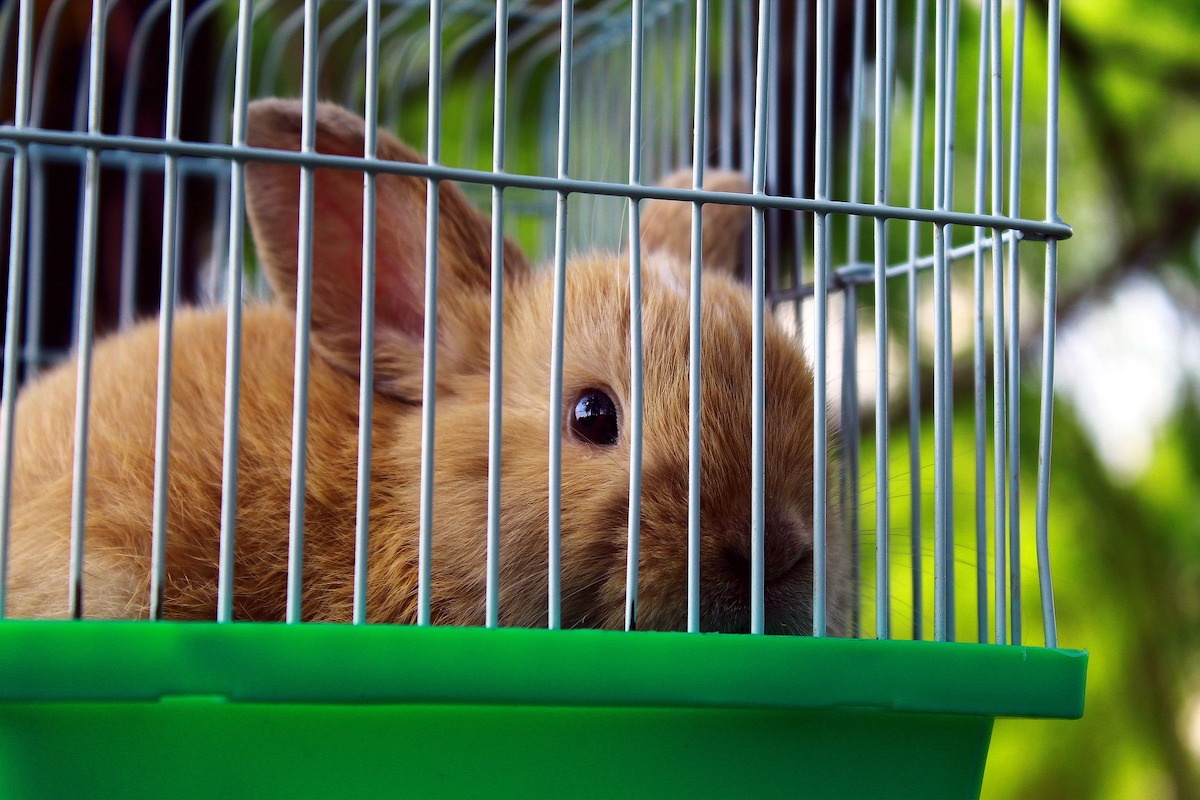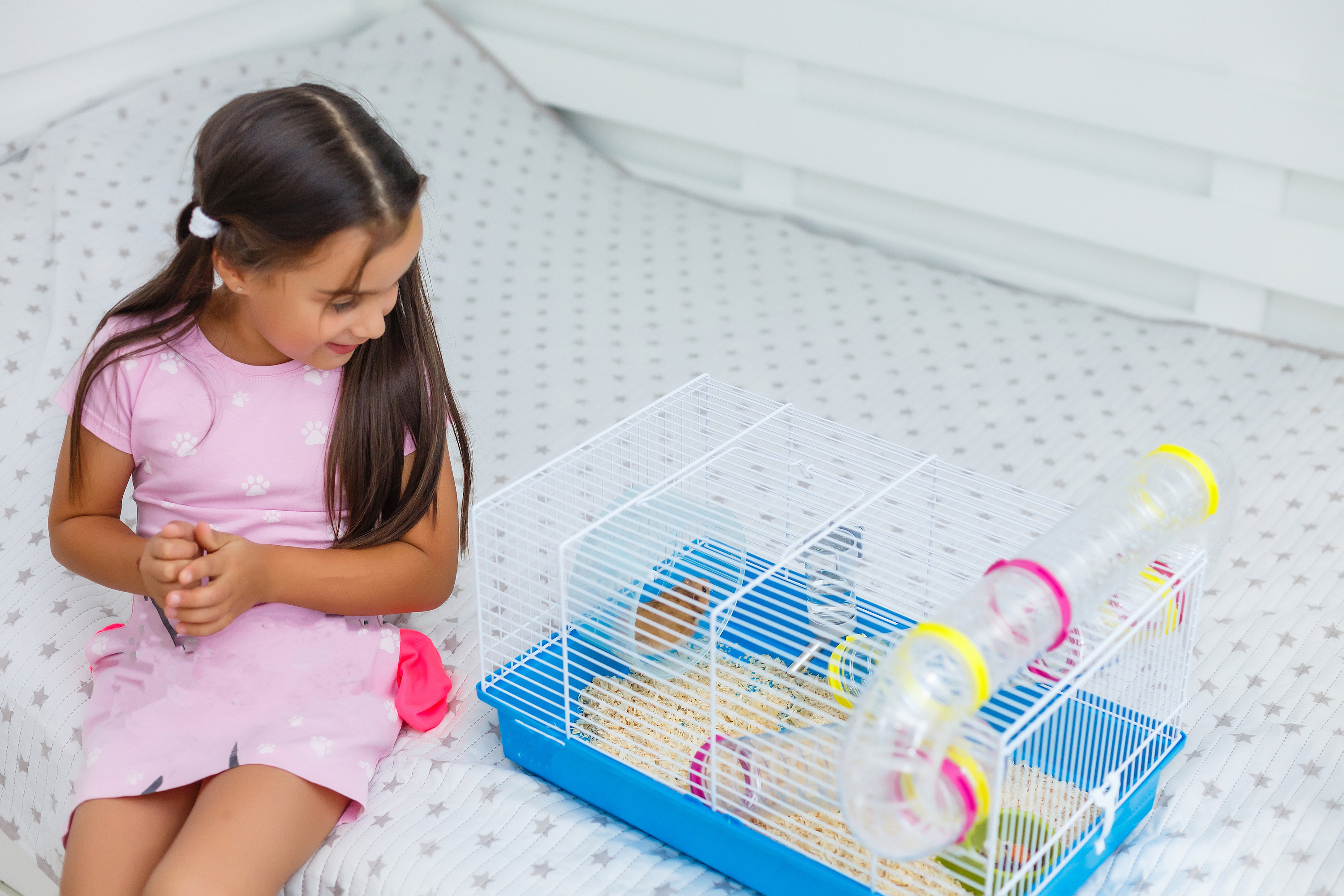Owning a pet — even a small one — means taking on big responsibilities, but it doesn’t have to mean the death of your vacations. There are a few options to consider when it comes to planning out your pet’s care during your travel. You can take him with you, get a sitter, or look into boarding facilities for small pets. Don’t eliminate boarding as an option before you do some research. Lots of facilities take other animals besides puppies and kitties. But that doesn’t mean you can send him to just any old place. You should investigate a bit before committing to a boarder.

How long can I leave my animal?
Many pet owners specifically choose small pets because they don’t require the daily walks or hours of playtime that their larger counterparts need. That doesn’t mean they can live without you, though. While a few pets, such as those in some well-equipped aquariums, might get by for a few days alone, your rodent, bunny, bird, or reptile needs at least some daily care. Make sure you have someone who takes care of feeding, tidying, and attention every day while you are gone. Also, some pets will regress if they spend too much time without being touched, so you’ll want someone filling in for you on that front, too.
Where do I find a boarder?
It can be tricky to locate a boarding facility that will accept a small pet. Peruse websites first, but a call to your vet may be in order. In fact, some vet clinics have a boarding facility on-site or have partnered with one. This can save you some of the research since your vet has already looked into them (though still do your own check).

What should I look for in a facility?
Finding a place might help you breathe a sigh of relief, but don’t stop there. A good boarding spot will have a vet on call, for starters. Your pet needs to relax and adjust to the place as well. Some spots keep different species in the same room, which can stress pets like rabbits and hamsters. You don’t want him staying up all night because of barking dogs. Lastly, find out what the exercise regimen entails. While he probably won’t get quite as much attention and free time as he does at home, you don’t want him stuck in the cage for seven days.

How can I prepare him for the stay?
For big pets, you mostly walk in and transfer them to a crate or pen, but it works differently with a smaller animal. You will need to bring most little pets in a cage. Check on the space requirements and use a travel cage if need be. Bring all toys, food, meds, and extra substrate that he might want during his trip. Adjust your pet’s feeding and grooming schedules to match the boarder’s a few days or a week in advance since that will ease the transition. Lastly, get up to date on all shots and check vaccination requirements when you book.
Are there other options besides boarding?
Yes, and they might work best for you and your pet. Especially if your animal is sensitive and prone to catching something, you might avoid the boarder at all costs. The travel can stress him out, even if it’s just a quick jaunt across town. If possible, get a pet sitter to come over at least once per day to feed, spot-clean, check water or air temperature, and give him a few pats if he’s so inclined. Owners choose this option because it keeps the animal happiest since he doesn’t have to go anywhere and will barely notice your extended absence.
Leaving your pet alone for a while might worry you, but taking the proper precautions should ease your nerves. Remember, breaking your animal’s routine will almost always cause a little stress, and there could be a reintegration period where your pet needs a minute to get used to you when you get back. But these animals also often have short memories, and you’ll be besties again in no time. Give him a bit of extra attention upon return to make up for any missed time. You can also set up (or relocate) pet cams in the area to check in remotely. That may give you peace of mind so you can fully enjoy your vacation.



